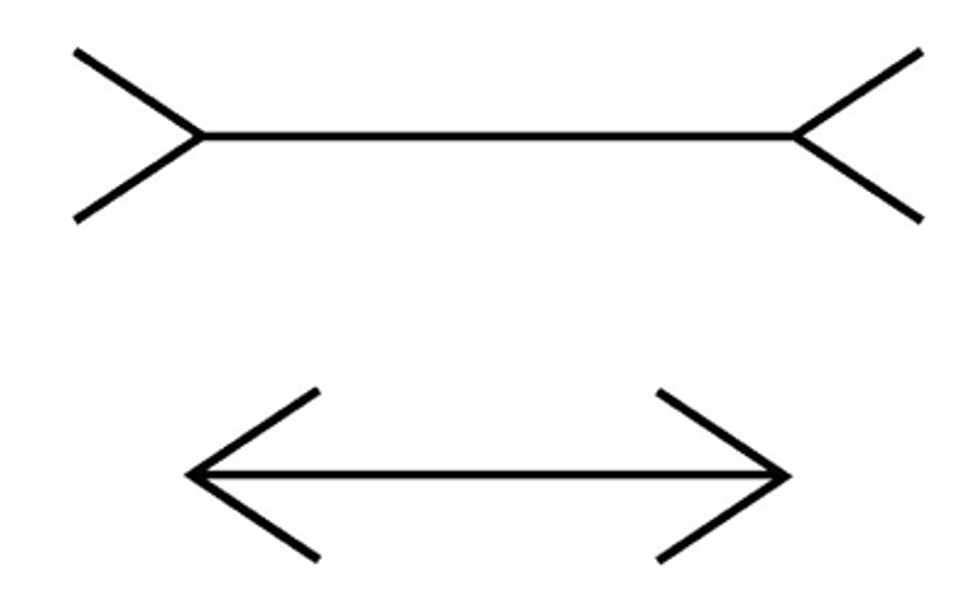“What does it mean?” A question every scientist asks about information either supporting or rejecting a hypothesis. Quantum mechanical theory explains that an electron behaves like a wave when not observed but behaves like a particle when it is. What does this mean? About the nature of the electron? About atoms, which are made up of electrons? About organism, which are made up of atoms? About Earth, which holds over trillions of organisms?
A scientist with unanswerable questions will find himself figuratively going down Alice’s rabbit hole and into a “Wonderland” of ideas unanswerable by the limited mathematical tools available.
Reality quite literally has nothing to do with the human mind, for the human mind corrects for the things which it cannot understand. Reality is not meant to be understood... because once one tries to understand it, it becomes something untrue of its firm, just like when one observes the electron, the electron changes its very physical property.
Take the human eyes for instance. Optical illusions like this one:
is corrected for by the human brain into something it understands to be true. The eyes understand the following: It is true that line A is longer than line B if line A takes up more horizontal space. In this picture, both lines are actually the same length but the brain perceives the first line as the longest one. The arrows on the first line are inverted so it is perceived that the second line is shorter, when, truly, both lines are the same length. The length of the lines have nothing to do with how long you see them. You change the length of the lines by observing them.
An idea is true when, through observation, trial and error, or another quantitative method of sorts (ie. using the scientific method) the idea is concluded valid -- after all possible logical avenues have been tried. Consciousness “corrects” reality for the human mind like our eyes did with the lines, and gives us an "understanding" of what reality is. This “understanding” is an illusion of what reality is. Consciousness is therefore independently related to reality.
Put another way, reality behaves in spite of the human consciousness. Take for instance this phenomenon: The number of jellyfish injuries during any given year in the US is directly proportional to the amount of ice cream consumed that year. The number of people stung by jelly fish has nothing to do with the number of people who eat ice cream, but there is an understanding that people swim often when the weather is warm and that people eat ice cream during that time as well. So you conclude that a direct proportionality implies relation. Similarly, reality has nothing to do with consciousness although being conscious implies that reality exists.
Reality and human consciousness are as far from each other as a wave is far from a particle. Once we consciously observe reality, we change its form. The mere awareness that we are living changes reality. That the human knows it is conscious and has the ability to think changes what reality is. Reality is a delicate wave-like electron that lumps up into a particle when it is given any consideration. The real nature of reality is unknown to us and it has to be unknown. We cannot understand true reality a dual state because the human mind corrects for it as being one state. For if true reality were known, the definition of truth would have to change. We can never experience both consciousness and true, delicate, illogical, and mathematically unexplainable reality. We can never experience reality, because by simply being alive, we affect what it is.











































